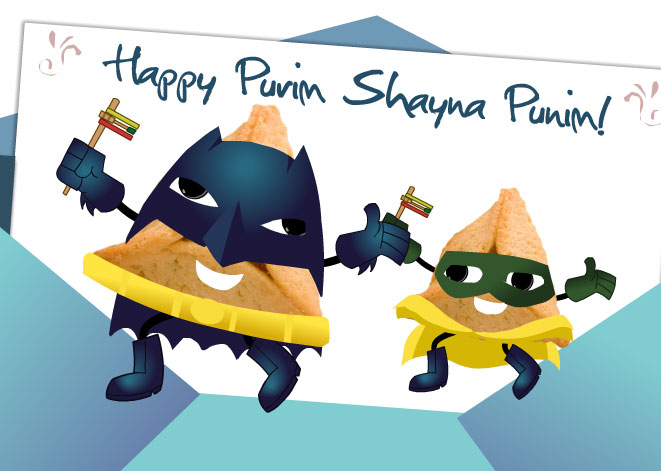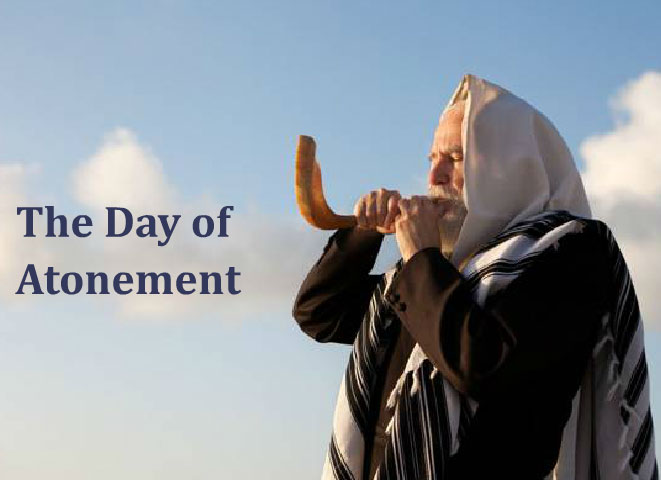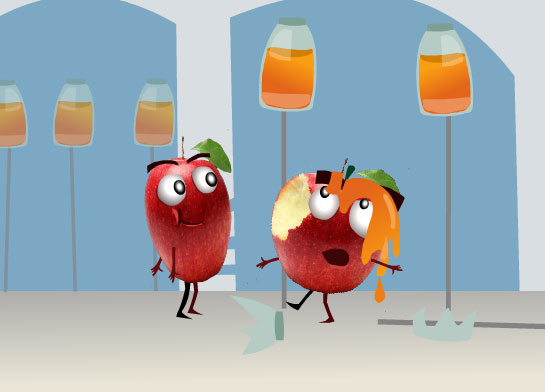Aren’t you grateful for a holiday that’s based on just plain fun? (Sorry Christmas but you can get a little heavy-handed sometimes.)
The Jewish holiday Purim encourages you to be silly and make a racket. Which we could all stand a dose of, right?
So a quick look at the history of Purim:
Purim marks the day Queen Esther of Persia outwitted Haman, her husband’s evil henchman, who planned to kill all of the Jews in the kingdom. It usually falls in March, on the 14th day of the Hebrew month of Adar.
Purim consists of a day of readings, feasts, games and giving to charitable causes. And (get this) it’s the one holiday where drunkenness is encouraged. This isn’t common in Jewish law—in fact just the opposite—except for this one day:
Part of the mitzva of the Purim Seudah is to get drunk until we are unable to distinguish between Arur Haman (Cursed is Haman) and Baruch Mordechai (Blessed is Mordechai). This is in memory of the miracles of Purim which were all associated with the drinking of wine.
This is a very unusual mitzva because drunkenness is usually strongly discouraged by Jewish law since it can lead to sin. The minimum (and sometimes recommended) requirement is to drink more than one is accustomed to and then go to sleep.
So eat, drink and be merry…and send one of our fun Purim ecards to a loved one. (Trust us…we know silly!)
Source: Ahavet-Israel.com








